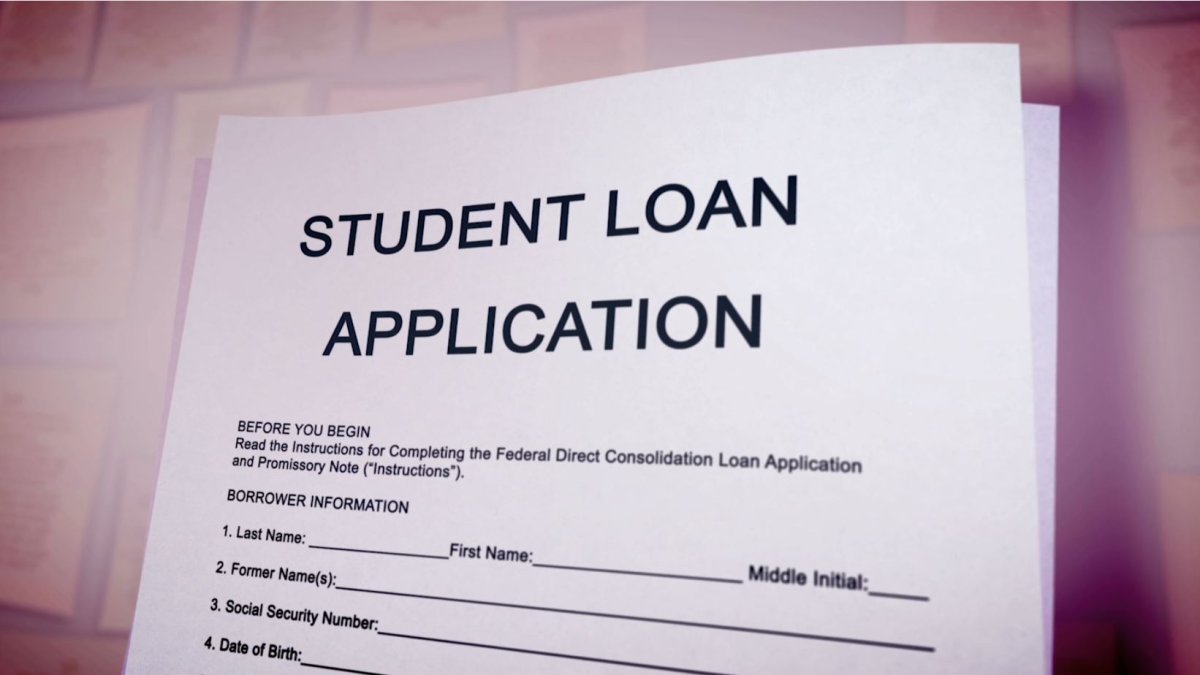
As more people ask about their loan forbearance, NBC 7 Responds’ Consumer Bob looks at both the positive and negative impact on your credit report.
If you have a federal student loan, you were automatically put into forbearance because of the coronavirus pandemic. Other lenders, such as home mortgage providers, are letting people affected by COVID-19 request a forbearance, but what does it mean?
"It lets you defer making a payment until they are able to do so for a certain period of time," said SDSU assistant professor of finance Stephen Brincks. "Generally you still have to pay interest on the amount of money that you're not paying for several months, so it actually adds to the total value of your loan."
Brincks says many people confuse the term "forbearance" with "deferment." Deferring a loan means both the payments and amount of interest are paused, while forbearance just delays when you have to make the payment.
Brincks says even though interest is still accruing, forbearance is always preferable to skipping a payment.
"[Skipping] will cause a very severe negative impact on your credit score, potentially a hundred points or more," said Brincks. "[A low score] could result in perhaps tens of thousands of dollars over the lifetime of the loan being added on top."
But accruing interest isn't the only financial impact a forbearance can have. Mark Goldman is a loan officer for C2 Financial Corporation. He says some forbearances will show up on your credit report and could be a factor in future loans and mortgages.
"This is not free money, so how you pay it back is a very important issue," said Goldman. "If someone has been in forbearance [the lender] wants to see that the borrower is paid up, and current for the last three months."
Local
Goldman says when you have the money, you should pay the payments back as soon as possible and stay on top of future payments to reduce the impact on your credit report. For instance, it would be harder to buy a car or house or to refinance a loan if you are in forbearance.
Brincks says you should check your credit report regularly to make sure that you are on top of your finances.
"If you see something that looks amiss, you can contact whoever the loan provider is," said Brincks.
This happened in May with millions of federal student loans. Great Lakes Educational Loan Services handles the loans of nearly 5 million current and former students. The CARES Act required lenders to report the payments as being made "on time" to reduce the impact on credit reports, but Great Lakes said it accidentally reported them as "deferred." The company says it is working to fix any errors in how it reported loan payments.
Both Goldman and Brincks say forbearance can be a useful tool, especially as millions of people file for unemployment benefits, but it is also important to know how it will appear on your credit report.
To get your free credit reports, visit AnnualCreditReport.com
If you have more questions on federal student loan forbearance, you can read more at StudentAid.gov.